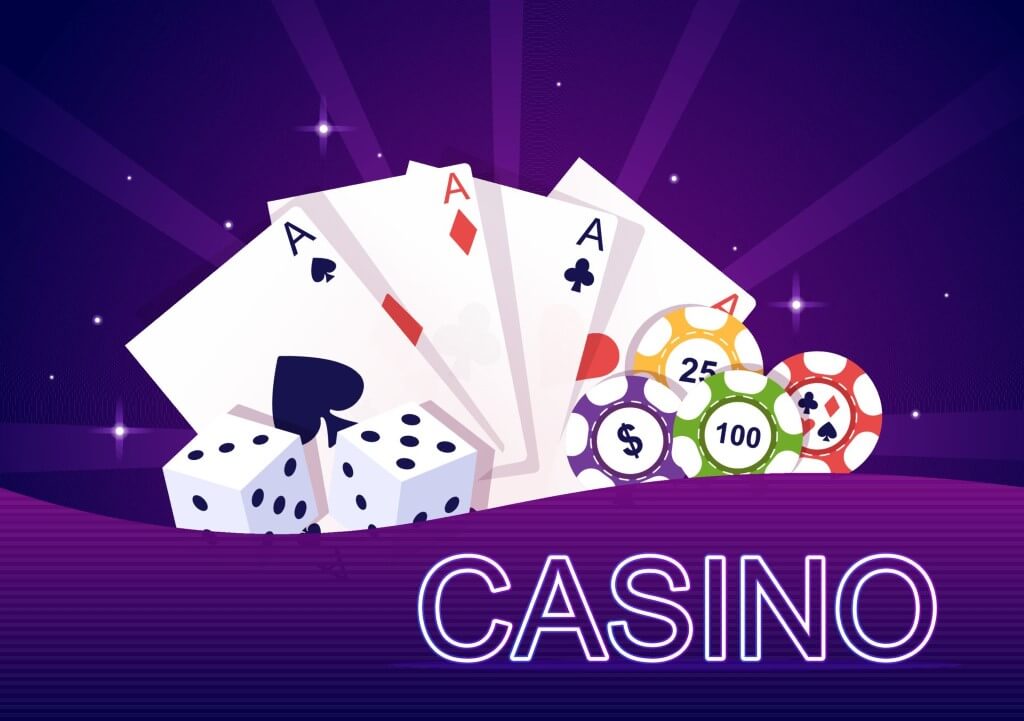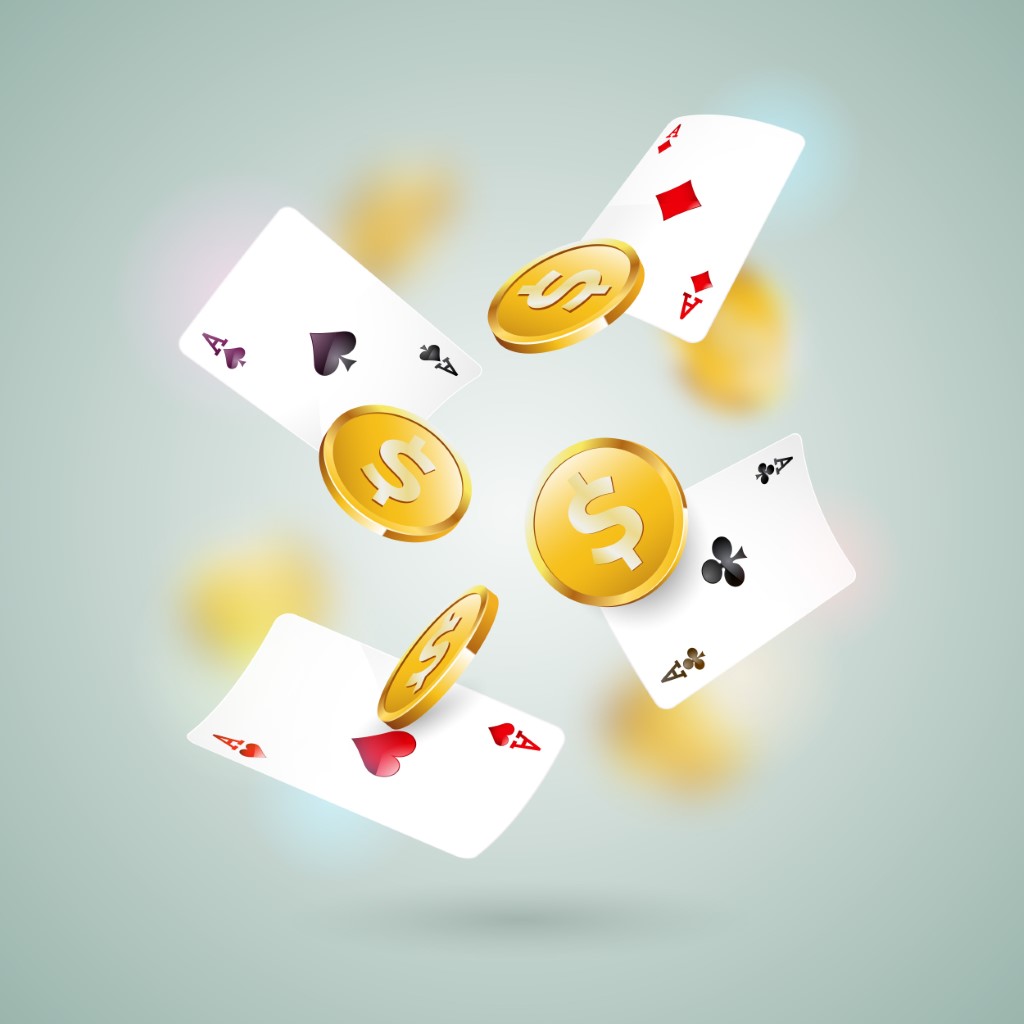
Alright, let’s get straight to it, shall we? Payout percentages. You’ve seen the numbers flaunted around like the Holy Grail of gambling, but what do they actually mean for you and your hard-earned quid?
Firstly, let’s clear up some mist. A payout percentage, sometimes called Return to Player (RTP), is the percentage of wagered money that you can expect to get back over the long term. For example, if a slot game boasts an RTP of 96%, for every £100 you bet, you’d theoretically get back £96. Now, notice I said “theoretically.” This isn’t a guarantee, but it does give you a solid indicator of how “generous” a game could be.
Now, onto the juicy bits. Higher RTP doesn’t just mean you’re more likely to win. It can also affect the types of wins you get. Games with higher RTP often have less volatile payouts. That means you might see more frequent, smaller wins that keep you in the game longer. On the other hand, if you’re the type that’s looking for life-changing money, games with lower RTP often have higher volatility and bigger jackpots. But remember, mate, bigger rewards usually come with bigger risks.
Here’s something you might not know: not all games are created equal when it comes to RTP. While slots are the bread and butter for many online casinos, they often have a lower RTP compared to table games like Blackjack or Baccarat. Why does that matter to you? Well, if you’re looking to balance out your play and get more bang for your buck, it might be worth diversifying your game selection.
Now, let’s debunk a myth: some folks think they can “beat the system” by only playing games with high RTP. While it’s tempting to think you can game the odds, remember that RTP is calculated over the long term—thousands or even millions of spins. So while it’s a good idea to be mindful of payout percentages, don’t let them lull you into a false sense of security. The house always has an edge, and luck still plays a massive role in your gaming experience.
Player Tips on Payout Percentages:
- Check Before You Play: Always look at the RTP before committing to a game. It can give you an idea of what to expect in terms of wins and losses.
- Mix It Up: If you’re on a losing streak with slots, maybe switch to a table game with a higher RTP for a while.
- Remember the Volatility: A high RTP doesn’t necessarily mean you’ll win often. Some high RTP slots are highly volatile, meaning wins can be infrequent but large.
- Watch for Promotions: Sometimes, casinos run promotions that temporarily boost the RTP on certain games. Keep an eye out for these golden opportunities.
- Don’t Chase Losses: RTP is a long-term measurement. Don’t think you’re ‘due’ a win because you’ve had a string of losses. Each spin is independent of the last.
So the next time you’re scrolling through an online casino, take a second to look at the payout percentages. It’s not just a number; it’s a roadmap to understanding the kind of gaming experience you’re signing up for. Whether you’re a casual player or a high roller, knowing the ins and outs of payout percentages can make all the difference in how you play, and ultimately, how you win.
Frequently Asked Questions:
- What is RTP?
Answer: RTP stands for “Return to Player.” It’s a percentage that indicates how much of the wagered money on a particular game will be paid back to players over time. - How is RTP calculated?
Answer: RTP is generally calculated over millions of turns or plays. It’s a statistical measure and doesn’t guarantee that you will get that percentage back. - Do different games have different RTPs?
Answer: Absolutely, different games often have varying RTPs. For example, Blackjack typically has a higher RTP than most slot games. - Can I trust the RTP numbers listed by online casinos?
Answer: Licensed and regulated online casinos are audited for fairness, including the accuracy of their advertised RTP. Stick to reputable sites, and you can trust the RTP numbers. - Does a high RTP mean I will win more?
Answer: Not necessarily. A high RTP means that the game pays back more over a long period, but it doesn’t guarantee frequent or large wins. It’s still largely a game of chance.
Arming yourself with knowledge about payout percentages can give you a more enriched playing experience. Whether you’re all about the high-stakes slots or prefer the strategy of table games, understanding how payout percentages work can help guide your hand and possibly—just possibly—stack the deck ever so slightly in your favour. Happy gaming, mate!
